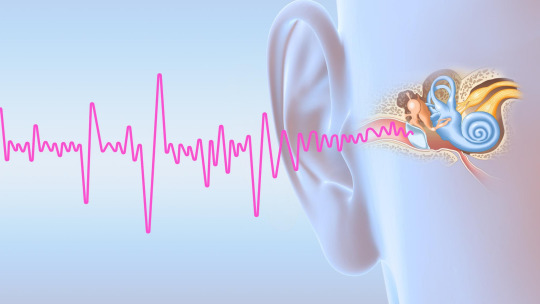#revisão do cortexi
Text

Tinnitus is a medical term that refers to a noise generated inside the head rather than in the environment. It is a common problem that affects millions of people around the world. Statistics say that 36 million people suffer from tinnitus in the United States, so it can be considered a fairly common condition. Other studies conducted in different countries also show that the prevalence of tinnitus ranges from 5% to 15% of the adult population.
Tinnitus can originate from various places in the body, including the ear or the brain itself, and along the path between the ear and the brain. The noise can be of different types, such as a whistle, a buzz, a hiss, or a roar. It can be constant or intermittent, and can vary in intensity and frequency.
There are two main types of tinnitus: non-pulsatile (subjective) and pulsatile (objective). Non-pulsatile tinnitus is caused by abnormal activity in the auditory cortex of the brain responsible for sound processing. It is often the result of hearing loss, exposure to loud noises, or ear related disorders. Pulsatile tinnitus is vascular in nature and involves noise from the blood vessels near the ear. It is often caused by abnormal blood vessels or abnormal vasculature problems, such as tumors.
For most people, tinnitus is temporary and goes away quickly. But for some people, tinnitus is chronic and can significantly affect quality of life. Tinnitus can affect people's lives in many ways, depending on the intensity, frequency and type of noise they hear. Some possible consequences of tinnitus in people's lives are: Physical and mental health problems, such as fatigue, stress, changes in sleep and concentration, memory problems, depression, anxiety, or irritability. Hearing problems, such as difficulty hearing real sounds, understanding speech, or locating the source of sounds. Communication problems, such as difficulty holding a conversation, participating in social or professional activities, or isolating yourself from others. Emotional well-being problems, such as low self-esteem, frustration, anger or hopelessness.
To prevent tinnitus, it is important to avoid or reduce the factors that can cause or aggravate the problem. Some prevention measures you can take are: Limit exposure to loud noises, which can damage the hearing cells in the inner ear. If you can't get away from loud sounds, use appropriate hearing protection, such as earplugs or earmuffs. Lower the volume of electronic devices such as television, radio, or headphones, and avoid prolonged use of these devices. Let your ear rest from time to time. Have your ears cleaned regularly by a professional to prevent the accumulation of substances that can clog the external auditory canal. Properly treat ear infections, which can cause inflammation and irritation in the auditory system. Avoid excessive intake of medications, alcohol, and caffeine, which can have ototoxic effects or alter blood circulation in the ear. Avoid smoking, which can impair vascular health and increase the risk of tinnitus. Controlling cardiovascular diseases, such as hypertension or atherosclerosis, which can affect blood flow in the ear and cause pulsatile tinnitus. Take care of mental health by avoiding stress and seeking psychological support if necessary. Stress can make tinnitus worse and cause anxiety, depression, or irritability.
#Excellent Review#health tips#create your best version#Have a healthy body Healthy body and mind#How to have a healthier body#Caring for your body#how to be more productive#nutrition tips#improve your life#cortexi#revisão do cortexi#resenhas de córtexi#cortexi funciona#suplemento cortexi#comprar cortexi#gotas de cortexi#zumbido do córtex#cortexi customer review#revisão honesta do cortexi#efeitos colaterais do cortexi#o cortexi é legítimo#cortexi revelado
3 notes
·
View notes